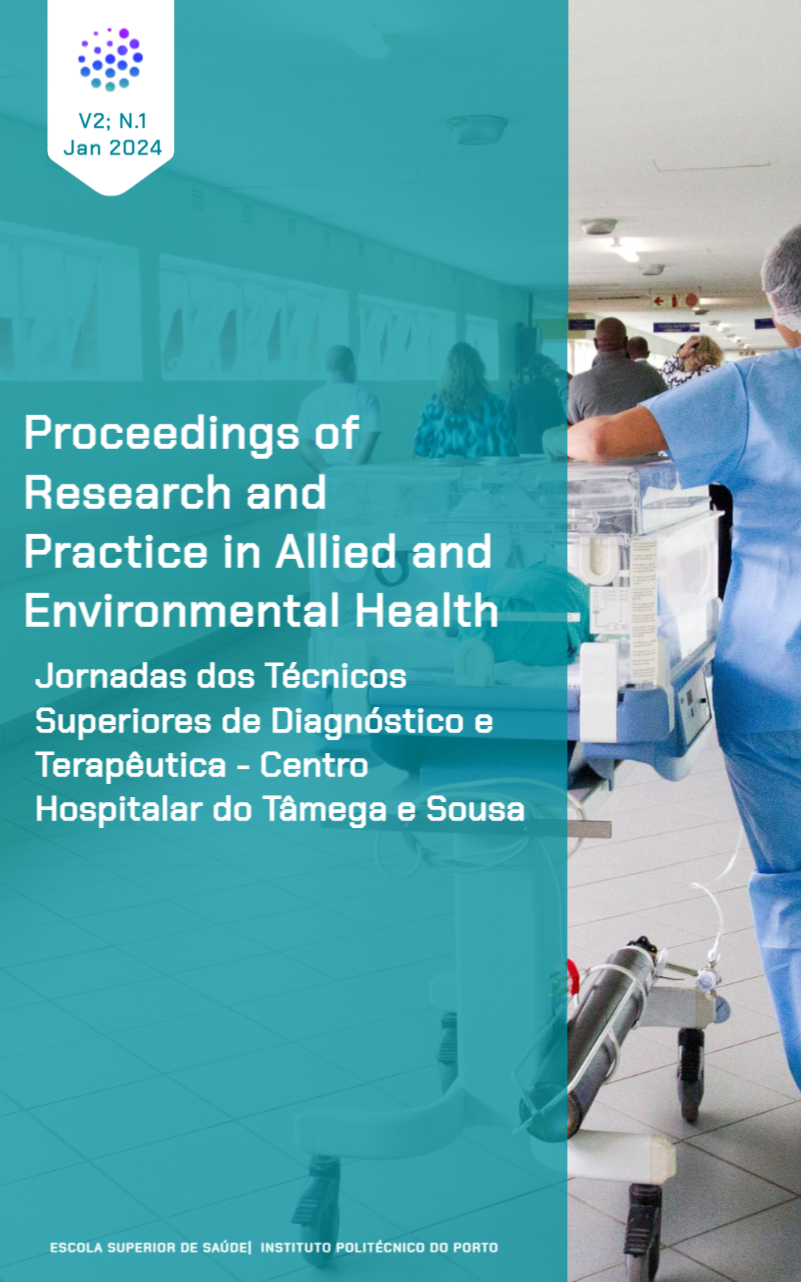Abstract
Background: Gastric cancer is a malignant condition that originates in the stomach. It is currently the 5th most common type of cancer and the 4th leading cause of death globally [1,2]. As there are still few therapeutic strategies with significant benefits for patient survival, new therapies have recently been approved. These target specific cancer cell components, inhibiting their growth [3]. Objective: Analyzing recently approved drug therapy for gastric cancer. Methods: This study consists of a narrative literature review. Information retrieval was conducted using the PubMed, Google Scholar, and Scielo databases. Scientific articles and randomized clinical trials published between 2018 and 2023 in English were included. International guidelines for gastric carcinoma from the European Society for Medical Oncology (ESMO) were consulted to search for approved medications since 2010 [3]. Results: The ESMO guidelines outline three lines of combined therapy containing trastuzumab (anti-HER2 antibody), nivolumab and pembrolizumab (PD-1 inhibitors), ramucirumab (anti-VEGF), and trifluridine/tipiracil (thymidine analog combined with a thymidine phosphorylase inhibitor). These are medications with good tolerance or manageable adverse effects and, in some cases, show a significant increase in overall survival [4-6]. Conclusions: The recent therapeutic strategies for gastric cancer, available in different treatment lines and with varied mechanisms of action, yield some positive results, however, they should be further investigated.
References
Bray F, Ferlay J, Soerjomataram I, Siegel RL, Torre LA, Jemal A. Global cancer statistics 2018: GLOBOCAN estimates of incidence and mortality worldwide for 36 cancers in 185 countries. CA: a Cancer Journal for Clinicians. 2018, 68(6):394–424.
Machlowska J, Baj J, Sitarz M, Maciejewski R, Sitarz R. Gastric Cancer: Epidemiology, Risk Factors, Classification, Genomic Characteristics and Treatment Strategies. International Journal of Molecular Sciences. 2020, 21(11):4012.
Lordick F, Carneiro F, Cascinu S, Fleitas T, Haustermans K, Piessen G, Vogel A, Smyth EC; ESMO Guidelines Committee. Gastric cancer: ESMO Clinical Practice Guideline for diagnosis, treatment and follow-up. Ann Oncol. 2022, 33(10):1005-1020
Yamashita K, Hosoda K, Niihara M, Hiki N. History and emerging trends in chemotherapy for gastric cancer. Annals of Gastroenterological Surgery [Internet]. 2021, 5(4):446–56. Available from: https://www.ncbi.nlm.nih.gov/pmc/articles/PMC8316740/
Janjigian YY, Shitara K, Moehler M, Garrido M, Salman P, Shen L, et al. First-line nivolumab plus chemotherapy versus chemotherapy alone for advanced gastric, gastro-oesophageal junction, and oesophageal adenocarcinoma (CheckMate 649): a randomised, open-label, phase 3 trial. The Lancet. 2021, 398(10294):27–40.
Iwasa S, Bando H, Piao Y, Yoshizawa K, Yamaguchi K. The clinical position of ramucirumab-containing regimens for advanced gastric cancer: a review of clinical trial data. 2022, 18(21):2709–21.

This work is licensed under a Creative Commons Attribution-NonCommercial-NoDerivatives 4.0 International License.
Copyright (c) 2024 Ana Margarida Almeida, Pedro Azóia Alexandre, Rui Cruz

